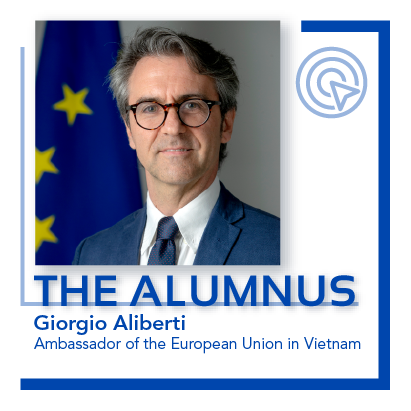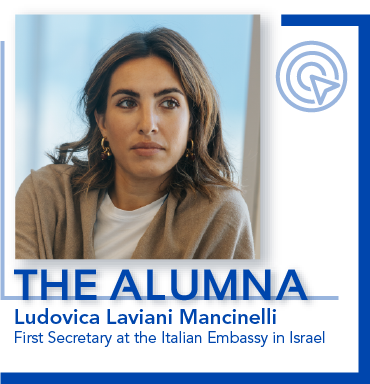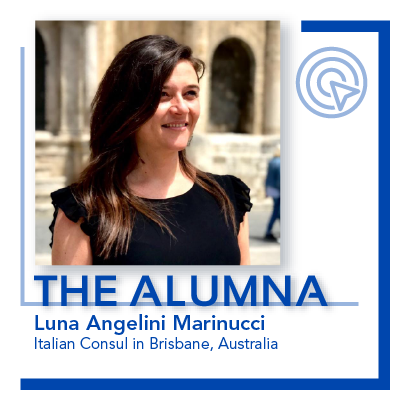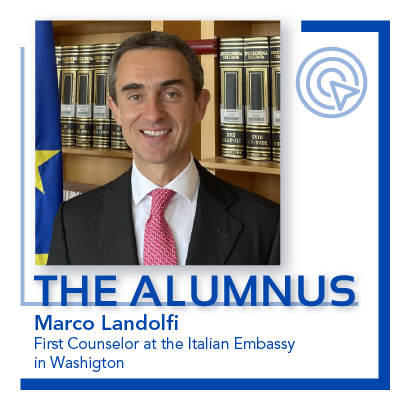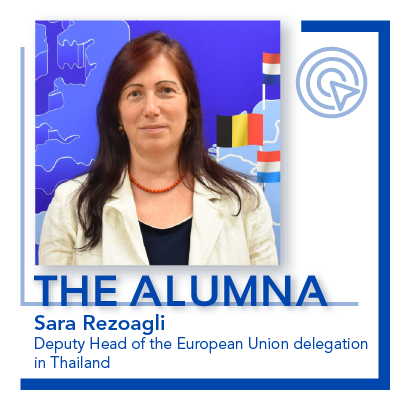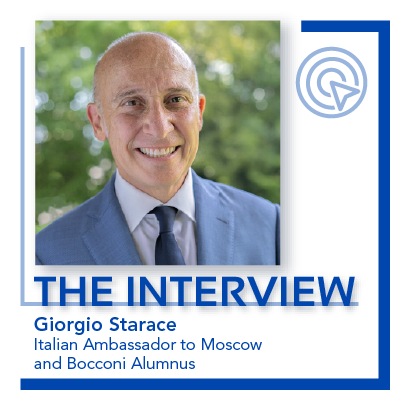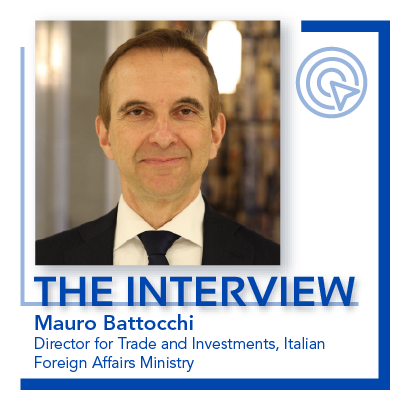
World order, a new page is turned
Global affairs are at an inflection point. While after the end of communism and China's entry to the World Trade Organization, multilateralism and economic interdependence seemed to characterize the world order, we are currently living through a return of power politics and increased global rivalry. Not only have China-US relationships cooled rapidly in the aftermath of the COVID-19 pandemic, but the European Union has found itself confronted with a threat on its border. The brazen attack by Russian military forces on the people of Ukraine in February 2022 violated an order based on international law, human rights and self-determination. Whilst the widely expected Russian quick victory failed to materialize as the Ukrainian forces repeatedly fended off attacks and the Russian military proved vastly less powerful and organized than previously thought, the cost of life and livelihood has been enormous. Global powers like US, China and the EU, are struggling to overcome the problem of collective action and how to reach collective decisions in global governance. Against the backdrop of key global challenges like climate change, inflation, poverty or stemming future pandemics, the breakdown of global cooperation comes at the worst possible time.
The challenge to the liberal rule-based order perhaps does not come entirely as a surprise. Within many domestic political settings we have been witnessing increased contention over globalization and international cooperation. Over the past decade in countries as diverse as Brazil, Britain, the Philippines and the United States, citizens have elected political leaders that campaigned on promises to withdraw from international institutions such the Paris Climate Agreement, the International Criminal Court, and the European Union, respectively. The domestic politicization of international cooperation has limited the room for maneuver, at least for democratically elected politicians, to create of new international institutions or reach multilateral agreements, even if they themselves are supportive of them. With mantras such as taking back control, nationalism and protectionism have become part-and-parcel of the political debate. This not only has huge consequences for global cooperation, but also potentially jeopardizes long-term global prosperity and global peace.
Although the current stalemate in global affairs might not come entirely as a surprise, the depth of the challenges is new. The rule-based order, established in the aftermath of the two World Wars, looks increasingly untenable. Many of the key institutions of the global economy, such as the World Bank and the International Monetary Fund, or dealing with global peace, like the United Nations, are looking increasingly grid-locked and unable to act. This may coincide with different global powers to retreat in their own blocks of regional integration rather than acting at the global level. Yet, these regional blocks, like the European Union etc., cannot solve global challenges, like climate change for example, on their own.
These developments in world affairs also have an impact on universities with a global footprint like Bocconi. We welcome students from all over the globe on our campus and send many of our own students abroad with international exchange programs. Our faculty and staff are international, and we have alumnae and alumni working all over the globe. Through our teaching and research, we aim to raise a new generation of leaders who are trained to work not only for their own professional development, but to care deeply about solving global problems. The commitment of the Bocconi community to multilateralism and international cooperation remains strong even in these trying times. 
